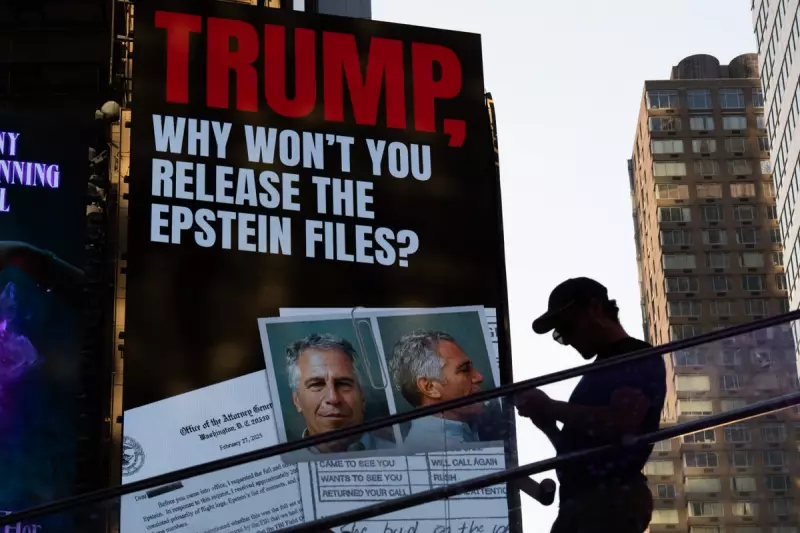
In a remarkable development from her Florida prison cell, Ghislaine Maxwell has broken her long-standing silence in an exclusive interview that promises to reignite one of the most scandalous chapters in recent American history.
The Prison Confessions
Maxwell, currently serving a 20-year sentence for her role in Jeffrey Epstein's sex trafficking ring, has spoken out about her connections to former President Donald Trump and the much-discussed Epstein client list that remains under seal. Her revelations come at a time when public interest in the Epstein case shows no signs of diminishing.
Trump Connections and Dinner Parties
The disgraced socialite addressed her well-documented relationship with Donald Trump, describing him as "good company" during the time she and Epstein moved in elite New York circles. Maxwell recounted attending parties at Trump's Mar-a-Lago estate but stopped short of providing specific details about their interactions.
"We moved in the same social circles, that much is undeniable," Maxwell stated from the Federal Correctional Institution in Tallahassee. "But people have constructed narratives that simply don't reflect reality."
The Sealed Files Mystery
Perhaps most significantly, Maxwell discussed the highly anticipated Epstein client list and other sealed documents that have been subject to intense speculation. While she claimed limited knowledge of the files' exact contents, she suggested they contained fewer revelations than the public might expect.
"The fascination with these documents has taken on a life of its own," she remarked, adding that "the reality is often less sensational than the speculation."
Life Behind Bars and Legal Battles
Maxwell also spoke about her prison experience and ongoing legal appeals. Maintaining her innocence regarding the most serious charges, she described the conditions of her confinement and her efforts to overturn her conviction.
The interview provides unprecedented insight into the mind of one of the most notorious figures in recent criminal history, offering perspectives that will likely fuel further debate about power, privilege, and justice in America.





